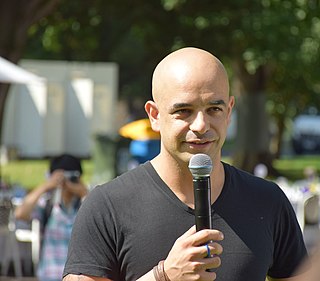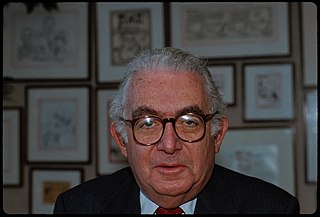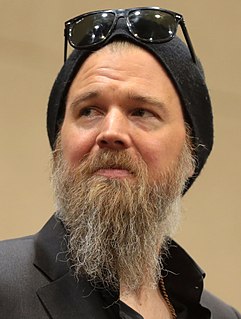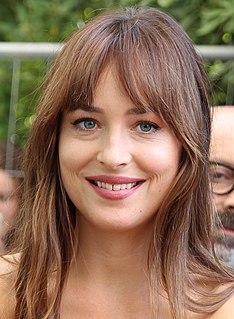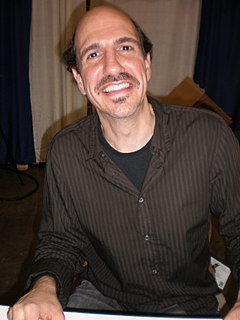A Quote by Stephen Covey
Related Quotes
Inspiration is everywhere - life, travel, childhood, nature - it depends on how you see it, how you can absorb the inspiration, and it depends on how your mind thinks. It could be a pattern on the floor that may be the next pattern I put on a cake, it just depends upon how you take it, when you're seeing it and what you're looking for.
You have bits of canvas that are unpainted and you have these thick stretcher bars. So you see that a painting is an object; that it's not a window into something - you're not looking at a landscape, you're not looking at a portrait, but you're looking at a painting. It's basically: A painting is a painting is a painting. And it's what Frank Stella said famously: What you see is what you see.
When I interview people that want to work with us, I often disregard their resume, because a piece of paper, it doesn't tell me really who they are. I'm looking for honesty, vulnerability. I'm looking for strength, I'm looking for weakness. I'm looking also for someone that wants to learn and is excited about learning.
What I do is whatever it takes, it takes. Sometimes you see a scene right away and a take looks great so you might print that and you might print a couple more and take elements of all three. It just depends. You're looking for the highlights. You're looking for the best elements of the scene, but preferably you'd like to have one good take that would go all the way through.


